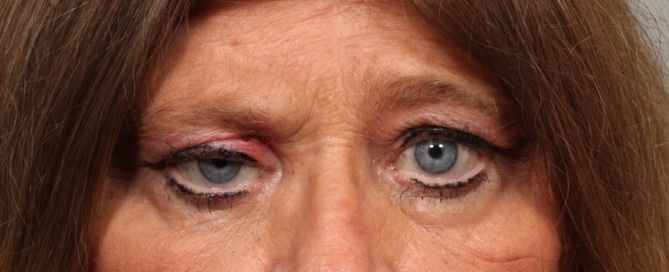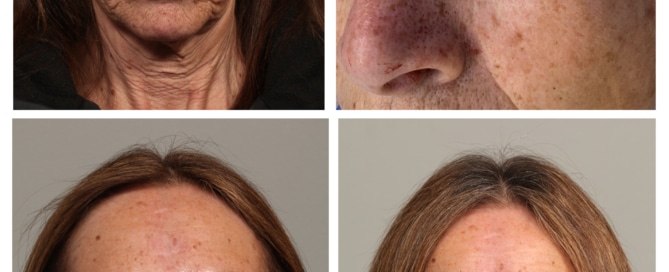Things We Need to Stop Believing about Facelift Surgery
For many years, the surgical facelift has been performed as the gold-standard of facial rejuvenation. This procedure, above all others, can achieve the most dramatic results and also the longest-lasting. It is for this reason that nearly 235,000 facelift procedures were performed in 2020, and for this reason that we routinely meet with patients who […]
Things We Need to Stop Believing about Facelift Surgery Read More »






